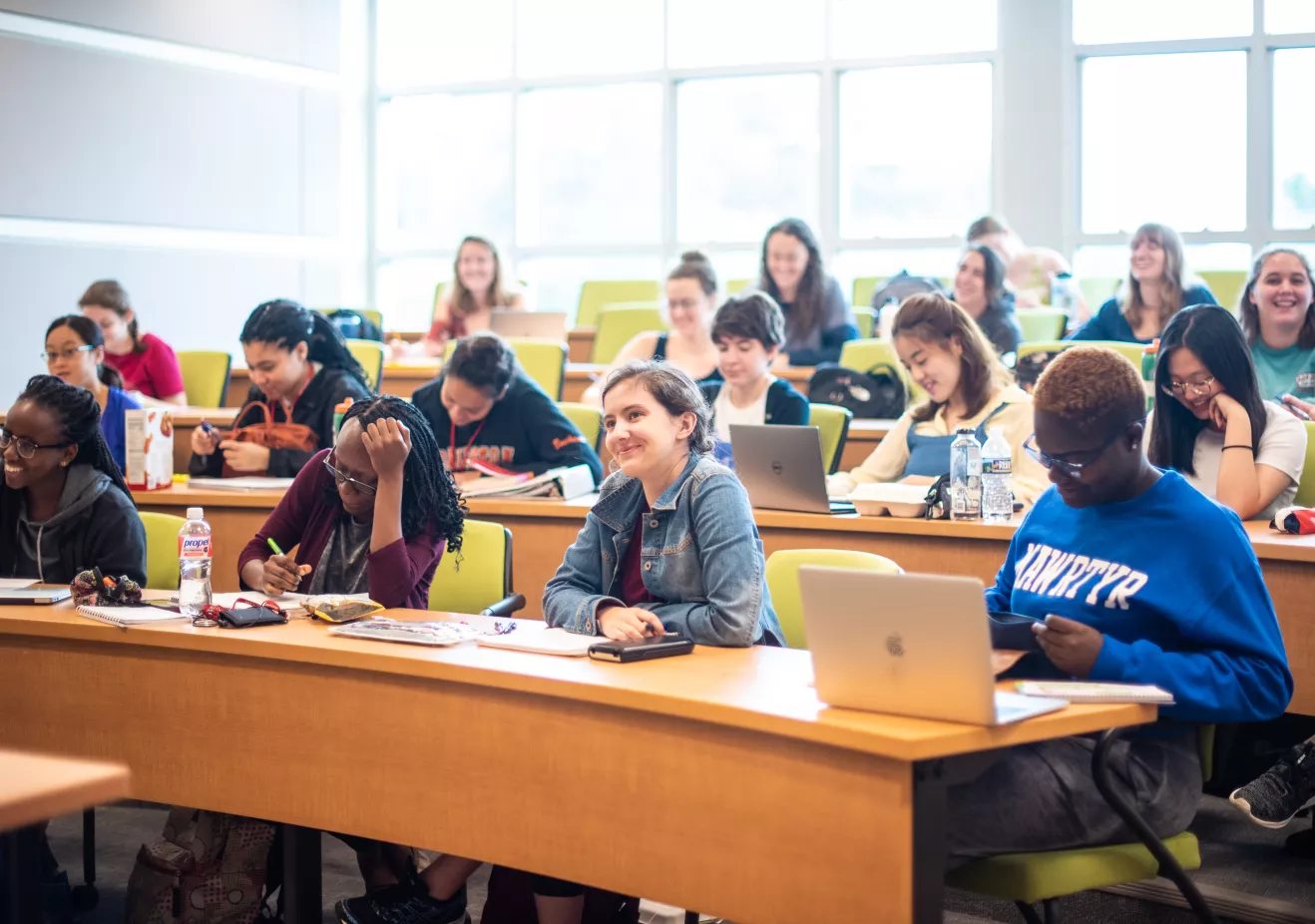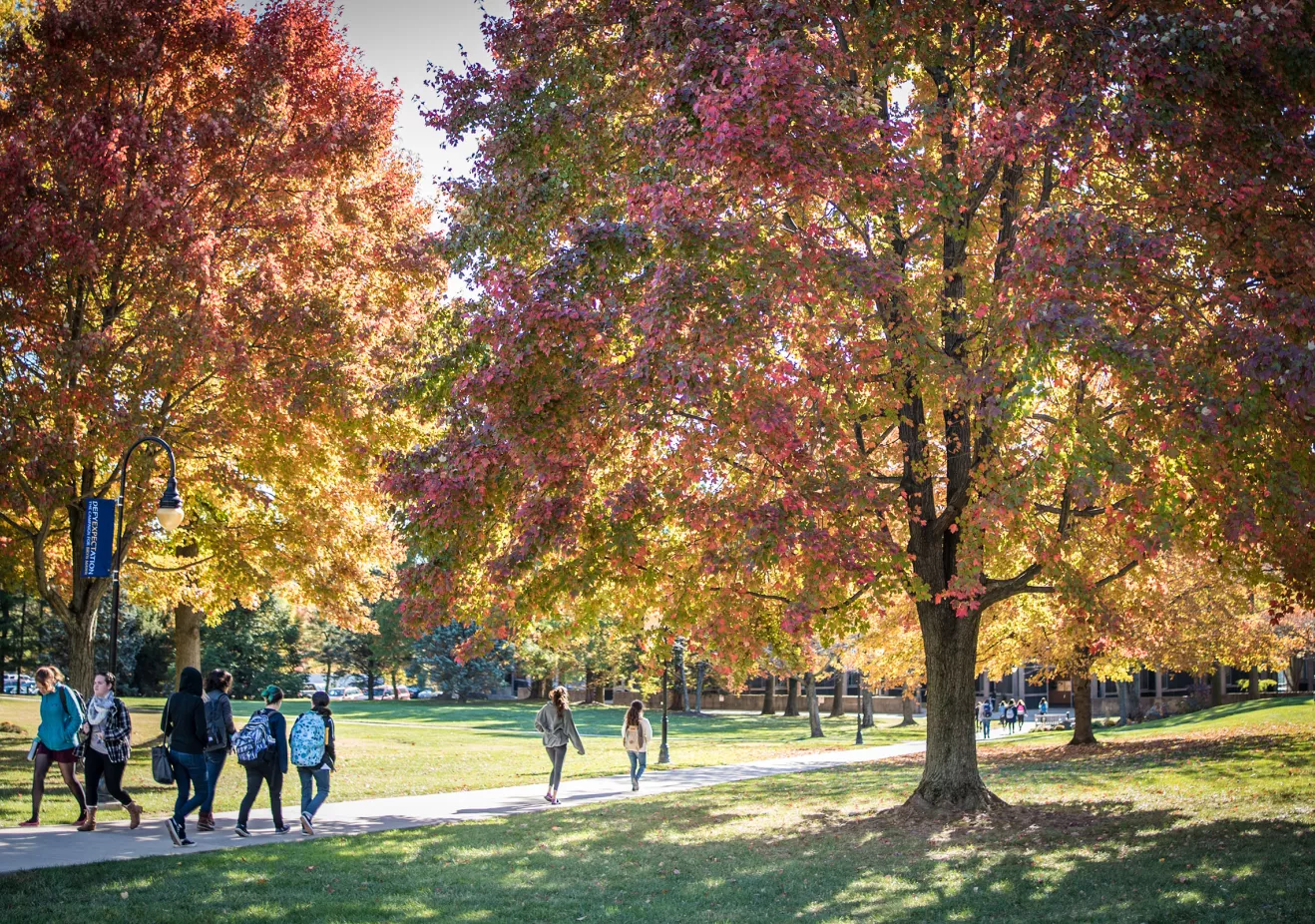
Fellowships
We offer guidance about applying to fellowships at Bryn Mawr and beyond.
About Our Office
Our goal is to assist Bryn Mawr students each step of the way, helping students find information and navigate processes so they can take advantage of the opportunities available.
Each year, Bryn Mawr students apply for many prestigious national scholarships and fellowships, often with great success.
These fellowships provide funding for the last years of undergraduate education, for graduate education both in the United States and abroad, or for travel and independent research not tied to an academic institution.
Bryn Mawr's fellowships advisers offer guidance on all stages of the application process: writing personal statements, requesting letters of recommendation, completing online forms, and preparing for interviews.
Explore the Fellowships Office

Contact Us
Global Engagement
Tracy Weber
Director, Office of Global Engagement
tweber1@brynmawr.edu
Eleanor Stanford
Fellowships Advisor
estanford1@brynmawr.edu







